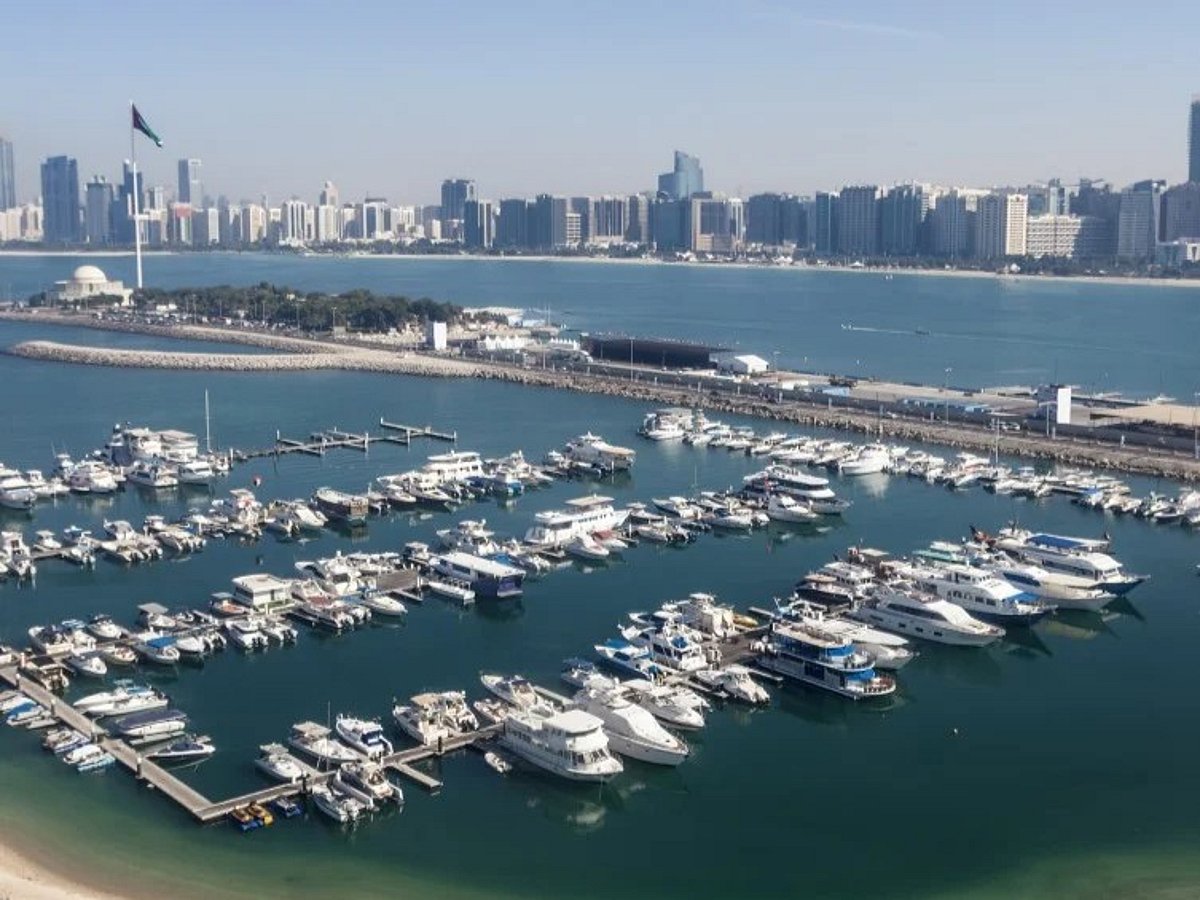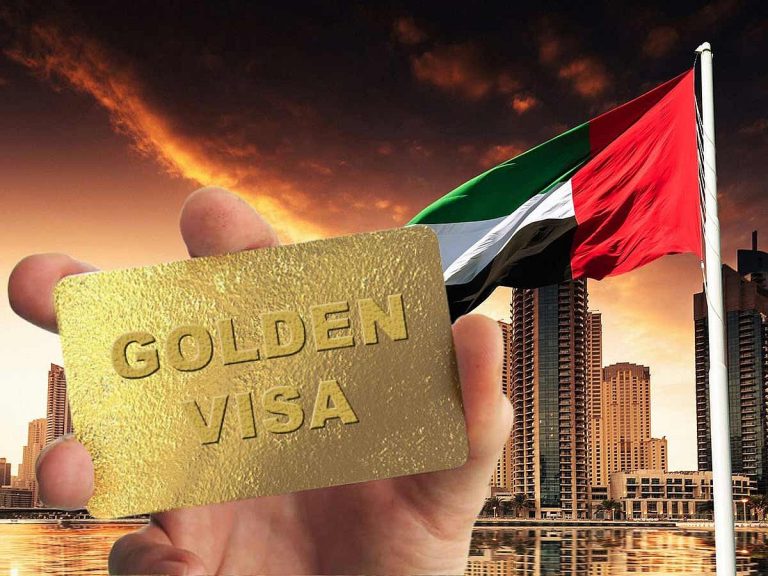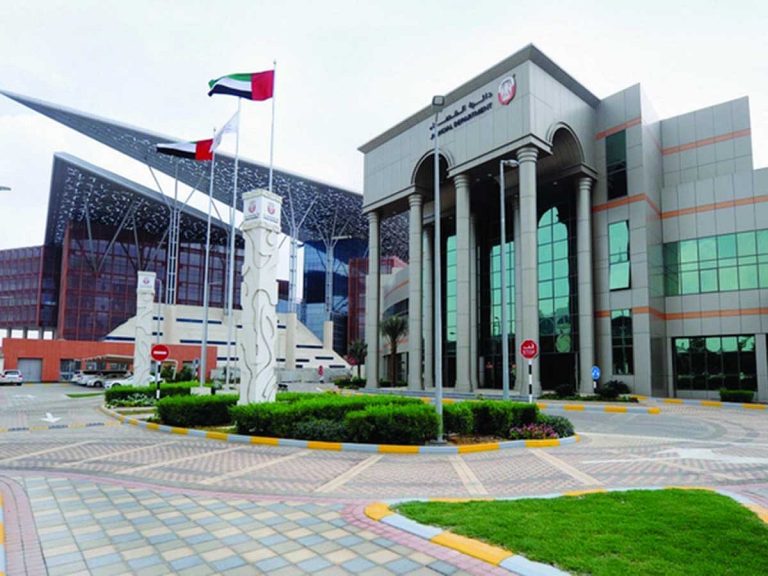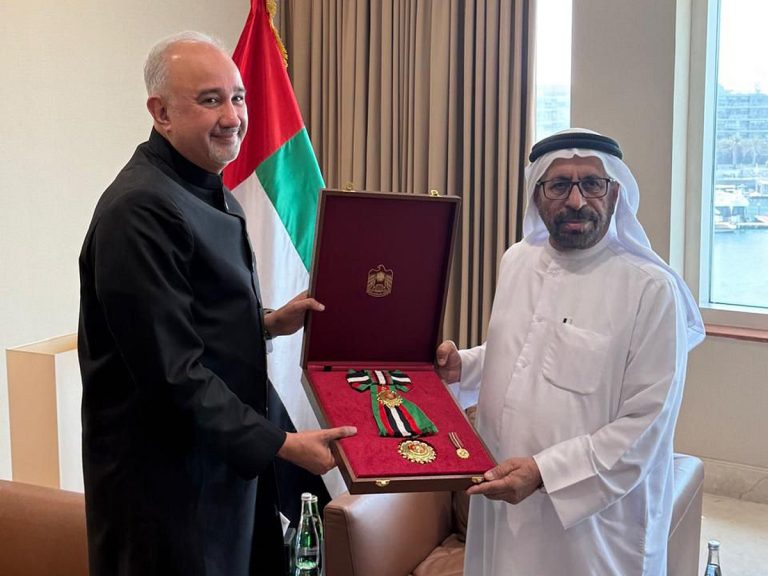New Maritime Regulations Enhance Safety in Abu Dhabi
Abu Dhabi has taken a significant step towards enhancing maritime safety and sustainability with the introduction of new technical guidelines. These regulations aim to improve the quality of marine infrastructure and ensure safer operations across the emirate’s waterways. The initiative reflects the emirate’s commitment to innovation and quality of life.
Overview of the New Guidelines
The Abu Dhabi Quality and Conformity Council (QCC) has approved a comprehensive set of guidelines during a recent meeting of the Abu Dhabi Standards Technical Committee for 2025. Chaired by Eng. Bader Khamis Al Shemeli, the meeting included representatives from 25 government entities, highlighting a collaborative approach to maritime regulation.
Developed by the Integrated Transport Centre (ITC) in partnership with Abu Dhabi Maritime and various stakeholders—including Abu Dhabi Police, Civil Defence, and the Environment Agency—these guidelines align with the emirate’s strategic goals. The aim is to create a unified regulatory framework that promotes safer, more efficient, and environmentally responsible maritime operations.
Key Components of the Guidelines
The new regulations consist of five Codes of Practice (CoPs) that serve as operational references for maritime companies, operators, and infrastructure developers. Each guideline addresses specific aspects of maritime activities:
1. Safe Maritime Activities and Operations
This guideline establishes safety standards for a variety of maritime activities, including leisure boating, anchorage, diving, ship management, salvage operations, and hydrographic surveys. It aims to ensure that all activities are conducted safely and responsibly.
2. Safe Operation of Public Water Transport
Focusing on water transport services and terminals, this guideline outlines minimum safety and licensing requirements. It is designed to protect passengers and the maritime environment, covering vessels under 24 meters, such as leisure boats and floating facilities.
3. Maritime Infrastructure Standards
This guideline defines engineering standards for the design and development of essential maritime infrastructure, including jetties, waterways, seawalls, boat ramps, and coastal facilities. It emphasizes sustainable construction practices to support the emirate’s environmental goals.
4. Safe Operations of Marine Craft
This guideline sets forth regulatory and operational requirements for both recreational and commercial vessels. It includes standard procedures and safety checklists to ensure effective implementation and compliance.
Commitment to Quality and Safety
Eng. Bader Khamis Al Shemeli emphasized the importance of these guidelines in enhancing operational efficiency and reducing risks. He stated that they represent a comprehensive roadmap for the safe and sustainable operation of all vessels and facilities in Abu Dhabi.
Dr. Abdulla Hamad Al Ghfeli, Acting Director General of ITC, described the guidelines as a strategic advancement towards a unified regulatory framework. He noted that they not only elevate service quality in the maritime sector but also contribute to economic prosperity and improved quality of life.
Capt. Saif Al Mheiri, CEO of Abu Dhabi Maritime, highlighted the significance of these guidelines in positioning Abu Dhabi as a global leader in maritime infrastructure and services. He reiterated the focus on safety, sustainability, and operational excellence.
Future Implications
The newly established guidelines will serve as essential references for operators, regulators, developers, and service providers. By laying a solid foundation for a safer and more efficient maritime industry, Abu Dhabi aims to enhance its competitiveness on a global scale.
FAQs
What are the main goals of the new maritime guidelines in Abu Dhabi?
The guidelines aim to improve safety, operational efficiency, and environmental responsibility in maritime activities, aligning with Abu Dhabi’s strategic goals for sustainability and innovation.
Who developed the new maritime regulations?
The regulations were developed by the Integrated Transport Centre (ITC) in collaboration with Abu Dhabi Maritime and various stakeholders, including government entities and law enforcement agencies.
How will these guidelines impact maritime operations in Abu Dhabi?
The guidelines will provide a unified regulatory framework that enhances safety standards, operational procedures, and infrastructure development, ultimately contributing to a more competitive maritime industry.
Conclusion
The introduction of comprehensive maritime regulations in Abu Dhabi marks a pivotal moment for the emirate’s maritime sector. By establishing clear guidelines and safety standards, Abu Dhabi is poised to enhance its maritime operations while promoting sustainability and innovation. Stakeholders are encouraged to familiarize themselves with these new regulations to ensure compliance and support the emirate’s vision for a modern maritime future.
Also Read:
Abu Dhabi Closes 38 Restaurants for Food Safety Violations







